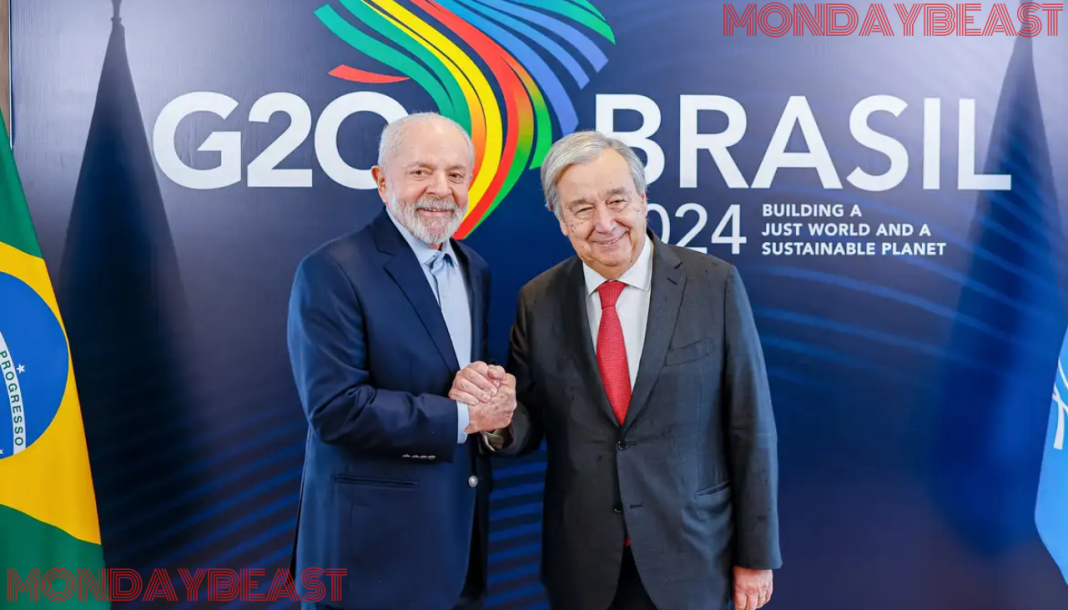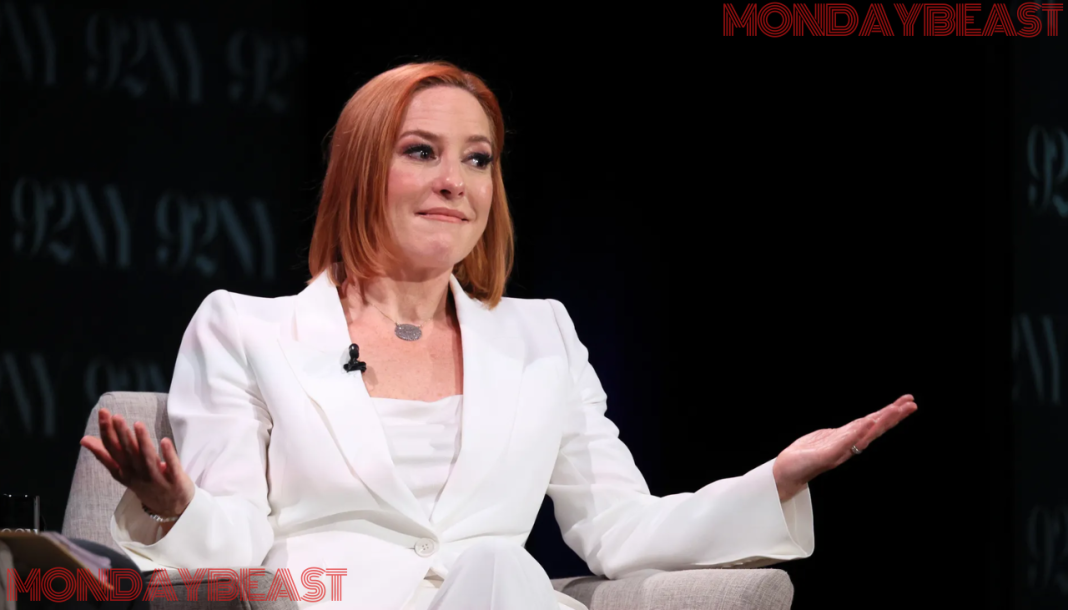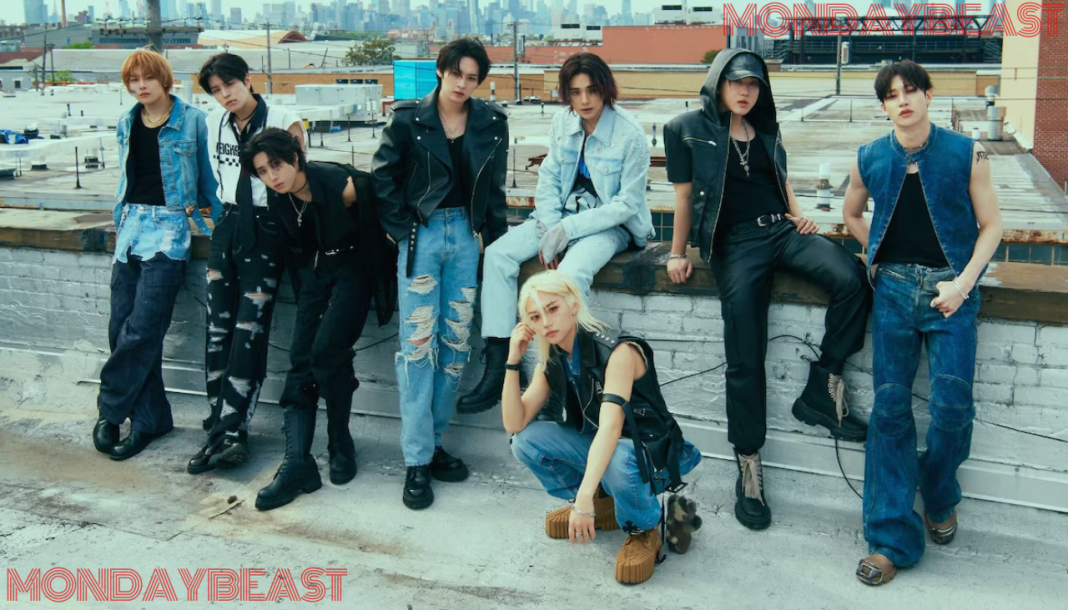Lula’s Leadership in Tackling Global Inequality
At the recent G20 summit, Brazilian President Luiz Inácio Lula da Silva made headlines. He championed a call for a tax on the ultra-wealthy. The aim? To combat global inequality, a pressing issue for many. As poverty rates surge worldwide, can such proposals truly make a difference?
Lula’s initiative aligns with a growing sentiment among leaders. Inequality isn’t just an economic concern; it breeds resentment and, ultimately, instability. Countries have witnessed this trend firsthand. Nations struggle as divisions widen. At what point do we decide enough is enough? Lula seems to have found his answer amid the chaos.
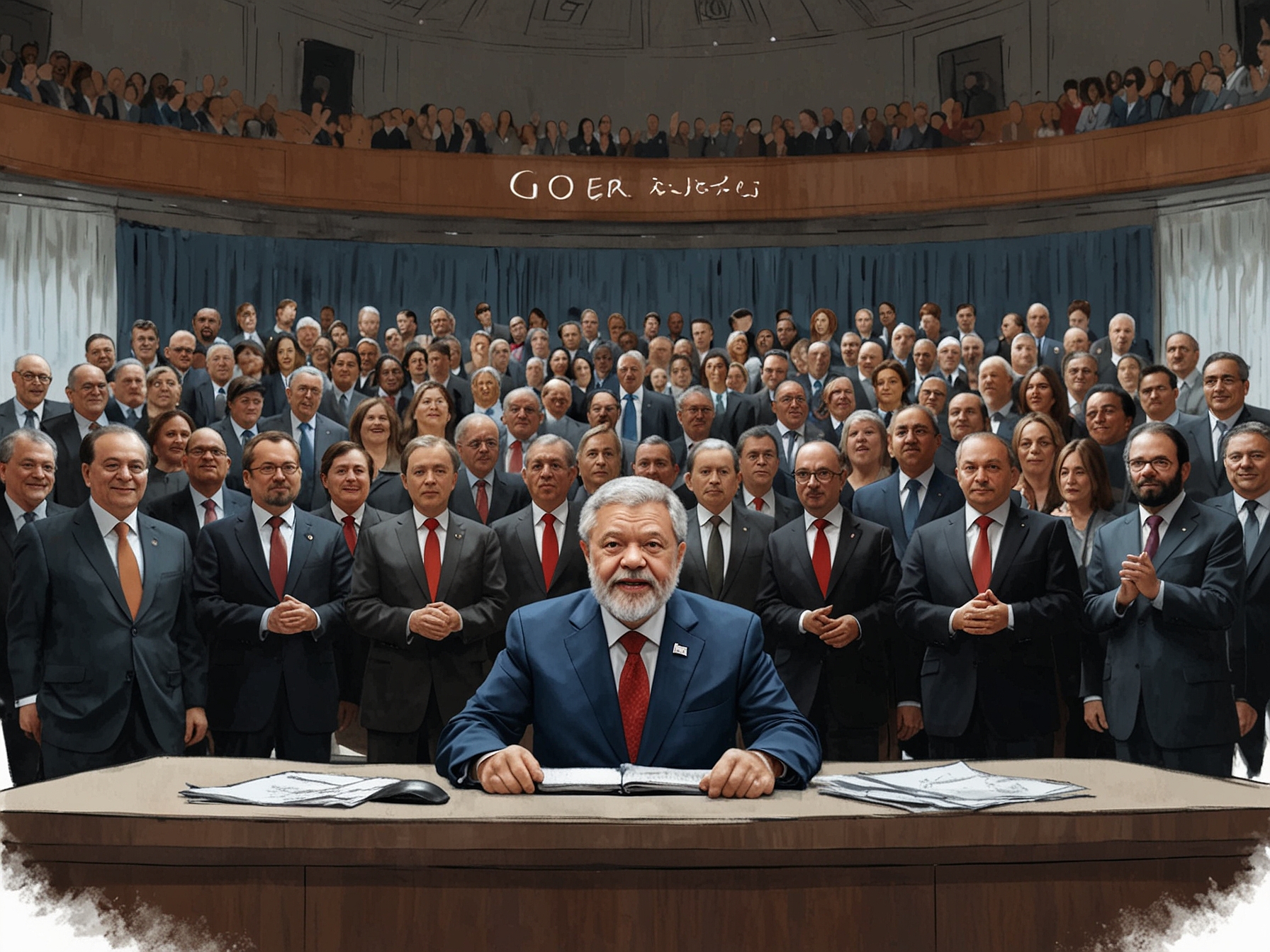
His proposal suggested a modest two percent tax. It could generate an estimated $250 billion annually. Imagine the impact if those resources were directed toward alleviating hunger and poverty. As Lula noted, treating the root of these issues requires substantial funding. But will other nations heed his call?
Unity Against Hunger: Breaking New Ground
The G20 gathering underscored a significant alliance. Notably, Argentina joined Lula’s framework to combat hunger and poverty. This unity represented something rare: political differences set aside for a common goal. It is heartening to see leaders take such steps. Could this pave the way for a greater coalition?
The initiative counts support from 82 countries. Among these are some of the world’s richest: the U.S., Germany, and Japan. By combining resources and commitment, they aim to implement solutions. However, sustainable action requires more than just a piece of paper.
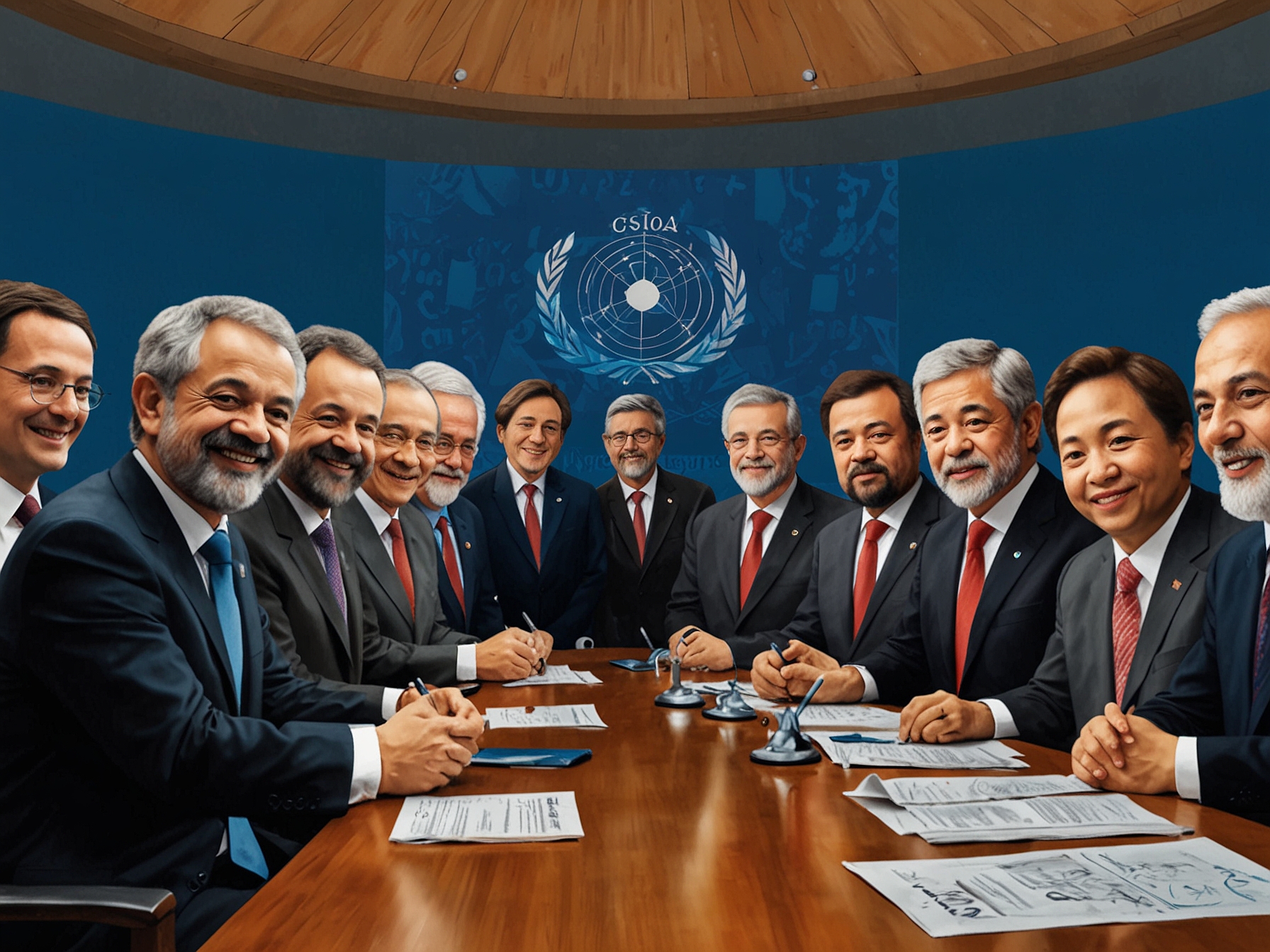
In the final document, leaders agreed on key points. They emphasized addressing food security and economic disparities. The stakes could not be higher, with 750 million people still in poverty. How can we ensure that these commitments translate to real change?
Tackling Global Conflict: A Delicate Balance
Lula didn’t shy away from contentious topics. In his speech, he mentioned ongoing wars in Ukraine and Gaza. By addressing these issues, he acknowledged the uncomfortable truth: conflict isn’t merely a news headline; it affects real lives.
He criticized unilateral sanctions and their human toll. His calls for collective responsibility echoed among many attendees. It made me wonder: do our leaders consider the human cost of their decisions? While Lula noted the necessity for peace, he also called for reforms in the UN Security Council. It seems imperative for our leaders to find new pathways toward resolution.
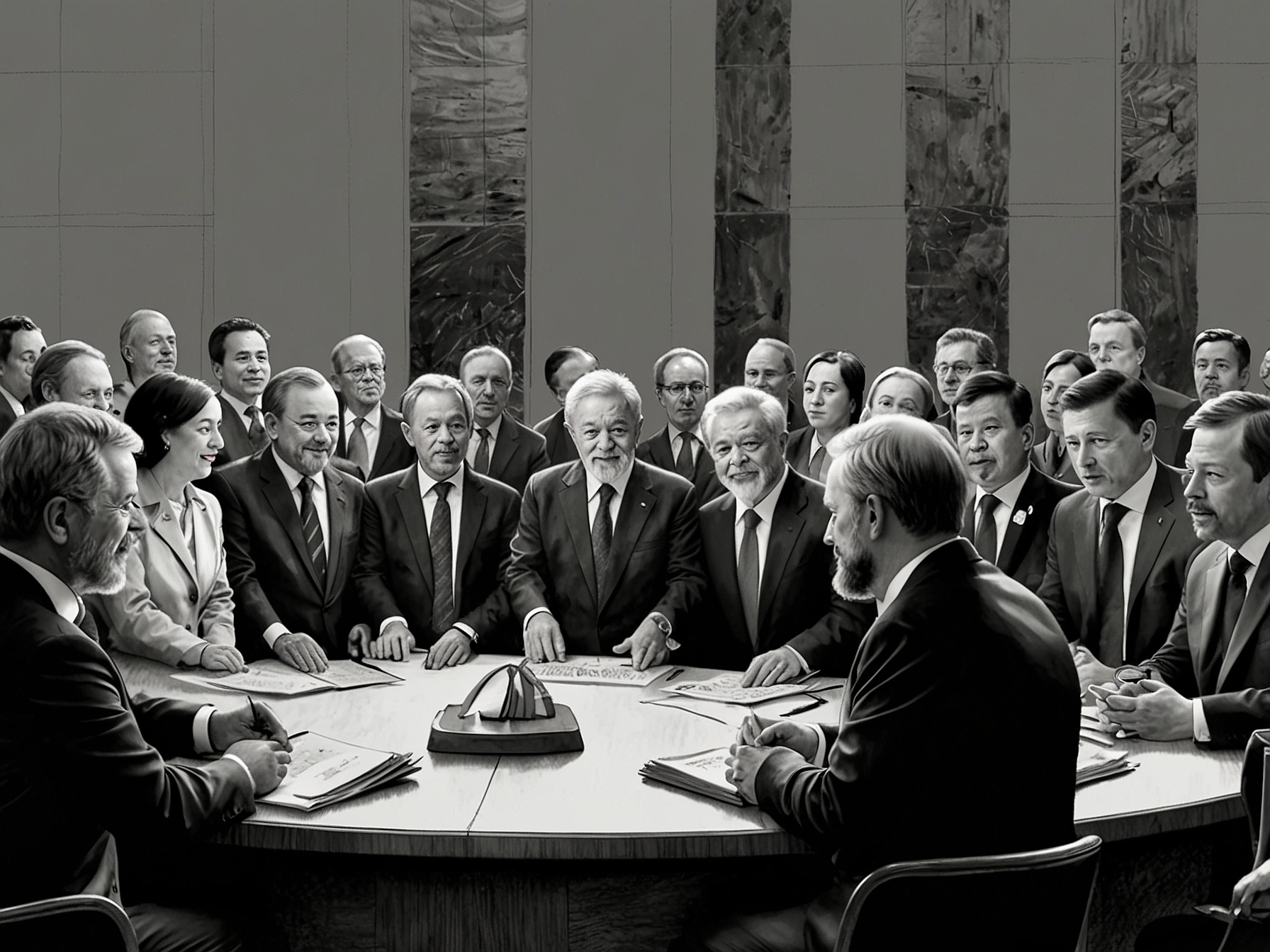
Critics may argue, however, that Lula’s focus on diplomacy lacks teeth. Can discussions truly yield results, or do they remain mere rhetorical flourishes? The reality is complex, but Lula’s advocacy for dialogue is a start.
Building Bridges: Lula’s New Global Alliance
Brazil’s agricultural strength positions it uniquely on the world stage. Lula leveraged this at the G20, presenting himself as a leader with a plan. He touted Brazil’s potential to impact food security positively. Over the years, many have questioned Brazil’s ability to influence global policy. Does Lula’s agenda signify a new era?
He forged relationships with international banks to fund initiatives aimed at poverty reduction. The commitment of $25 billion from the Inter-American Development Bank was a notable highlight. Yet funding isn’t everything; trust and effectiveness must also be part of this complex puzzle.
Furthermore, Brazil aims for ambitious targets. Programs designed to help 500 million people by 2030 show real promise. But bold plans require coalition-building across diverse political landscapes. With divergent national interests, can these goals be met? Lula’s task ahead is monumental but not unachievable.
Final Thoughts: Hope for Tomorrow
Lula’s presence at the G20 marked a pivotal moment. It demonstrated his ability to galvanize international support around crucial issues. The call to tax the rich to fund social initiatives stirred conversations globally. In this age of polarization, can unity prevail?
As we reflect on the outcomes of the G20, one fact remains clear: addressing inequalities takes more than rhetoric. It requires sustained commitment from all nations. Lula’s challenge, and indeed our challenge, lies in making these commitments more than just promises. Can today’s actions shape a better tomorrow for everyone?

